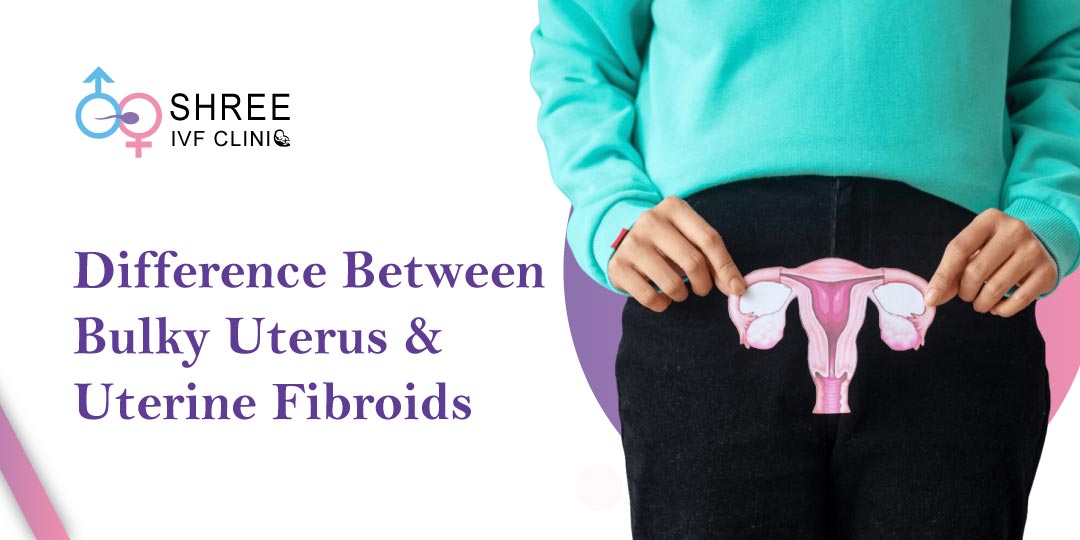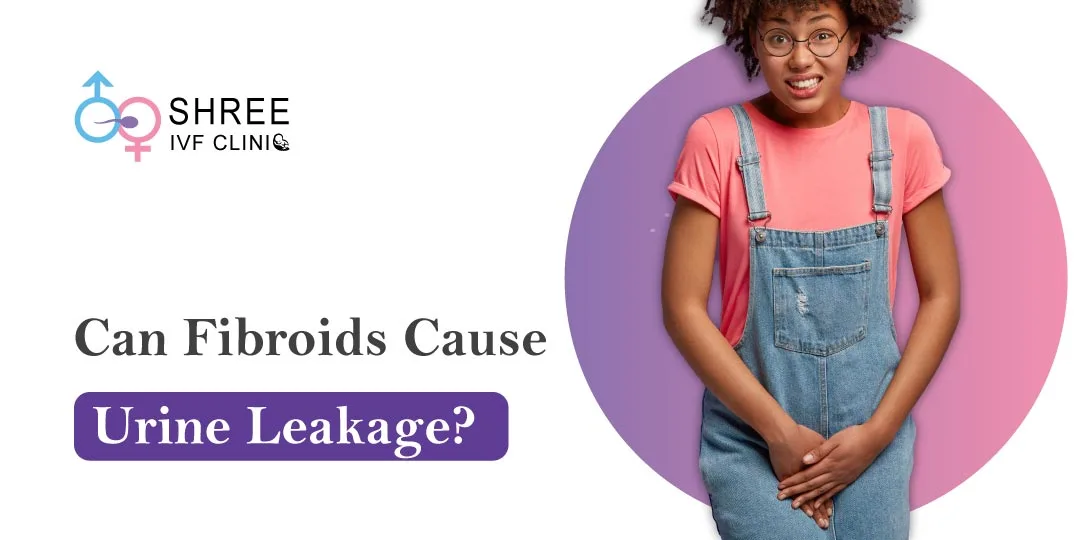What Happens if Fibroids go Untreated?
UPDATED ON 13 JUL. 2021
Fibroids can be solitary or many at the same time. The majority of fibroids begin in the uterus’ muscular wall. Some lesions may form on the surface of the uterus or in the interior cavity as the uterus grows. Hemorrhage, necrosis, calcification, and cystic alterations are among secondary alterations that can occur in fibroids. After menopause, they tend to calcify.
They can be as little as a grain of rice or as large as a melon, and their size can fluctuate. Fibroids are usually noncancerous or benign. Although uncommon, some fibroids can grow into malignant tumors, benign fibroids do not.
AUTHOR
Dr Jay Mehta
Scientific Director & IVF Specialist with 10+ years of experience
CONDITION
GET IN TOUCH ON
You can jump on :
What is a Fibroid?
Fibroids are noncancerous lumps or growths in the uterus. They range in size from pea-sized to basketball-sized. They’re typically spherical and pinkish in appearance, and they can develop inside or on the uterus.
Around 30% of women over the age of 30 have fibroids and are typically aged 35 to 45. Some women are more prone to have fibroids, particularly black women, never pregnant women, and women with fibroids.
Are Fibroids Dangerous?
It’s understandable to worry, “Are fibroids dangerous?” They are, after all, aberrant growths within your body. But don’t be concerned. Fibroids are seldom life-threatening. Fibroids in the uterus nearly seldom cause a medical emergency. If this occurs, it might be due to a rupture.
This is generally a very unpleasant experience. Blood loss can induce dizziness, which can make the discomfort worse. If you get a sudden discomfort in your pelvic, visit a doctor right once.
Although fibroids are seldom hazardous, they can cause additional symptoms such as pelvic discomfort or pressure, heavy menstruation, constipation, and more. Uterine fibroids can sometimes lead to infertility.
What Happens if Fibroids go Untreated?
If fibroids aren’t treated, they can cause a variety of issues:
- Pelvic discomfort that never goes away – There will be chronic pelvic discomfort if fibroids are not treated. The discomfort can sometimes become so severe that the woman is unable to sit normally. They are always restless and rely on painkillers to deal with it.
- Periods are irregular – Fibroids are known to cause irregular periods. You never know when your menstruation will occur. The menstrual cycle is typically 28 to 30 days long, however, it may be shorter or longer when fibroids have taken up residence. Periods occur after every 15 days in 35% of instances.
- Anemia – Fibroids are known to cause anemia. Anemia will develop as a result of irregular periods, and weakness will become a part of your life. Because your body does not have enough energy right now, you will not be able to engage in activities with the same degree of vigor.
- Effect on the rate of conception – There will also be an impact on the fertility rate. Fibroids obstruct the fallopian tube, preventing the fertilized egg from implantation in the uterus. Ectopic pregnancies are also a possibility. If you suspect a fibroid and have any signs or symptoms, see a gynecologist doctor right away.
- Premature birth is a real possibility for pregnant women – Premature births are more likely when pregnant women are present. If you’re pregnant and suspect your baby has taken up residence in your body, see your doctor right away. When a baby is born prematurely, there are occasionally complications, and the survival rate is lower.

4,790+
379K+
” Every individual and couple’s journey is unique, and
finding the right solutions tailored to their specific
circumstances can make all the difference “
When to See a Doctor
If you experience any of the following symptoms, you should see a doctor:
- Pelvic discomfort that doesn’t seem to be going away
- Periods that are excessively heavy, lengthy, or uncomfortable
- Bleeding or spotting in between periods
- Having trouble emptying your bladder
- Low red blood cell count that isn’t explained (anemia)
If you experience significant vaginal bleeding or strong pelvic discomfort that comes on unexpectedly, get medical help right once.
AUTHOR
Dr Jay Mehta
Scientific Director & IVF Specialist with 10+ years of experience
CONDITION
CALL US 24/7 FOR ANY HELP
GET IN TOUCH ON
Share Article on
Recommended Reading
Bulky Uterus & Uterine Fibroids : Understanding Diagnosis, Treatments, Risks & more
In this blog, we’ll detail some of the typical signs and causes associated with both types of fertility issues.
Can Fibroids Cause Urine Leakage?
Urinary incontinence is more prevalent in women than men and can be caused by numerous health conditions such as childbirth or pelvic surgery
Fibroids Diet : Best Foods For Uterine Fibroids
It is important to note that food choices can play a role in managing fibroid symptoms. Eating an anti-inflammatory diet full of nutrient




